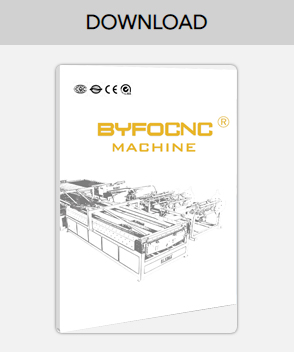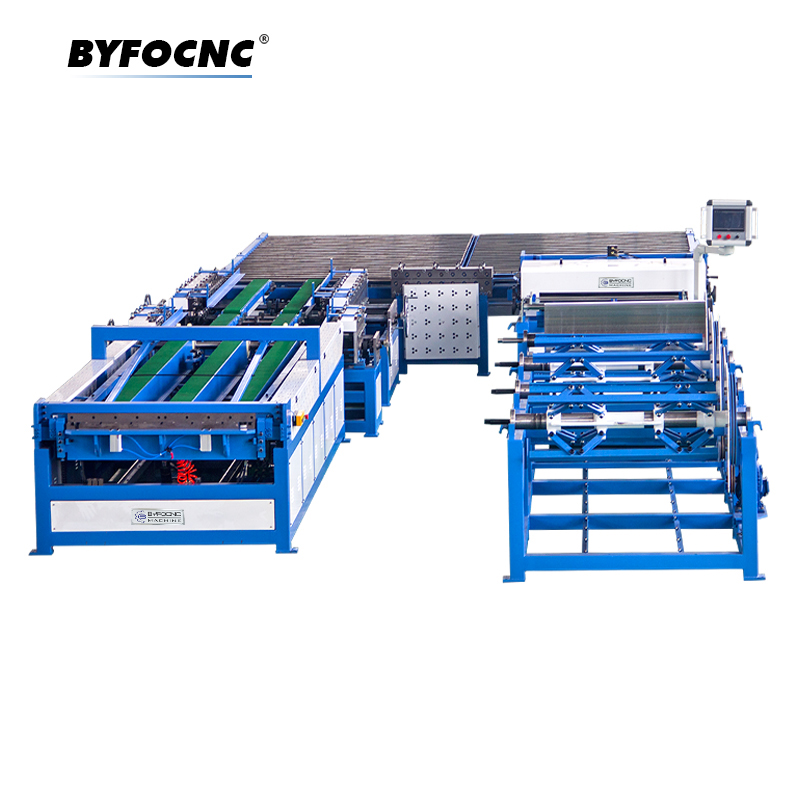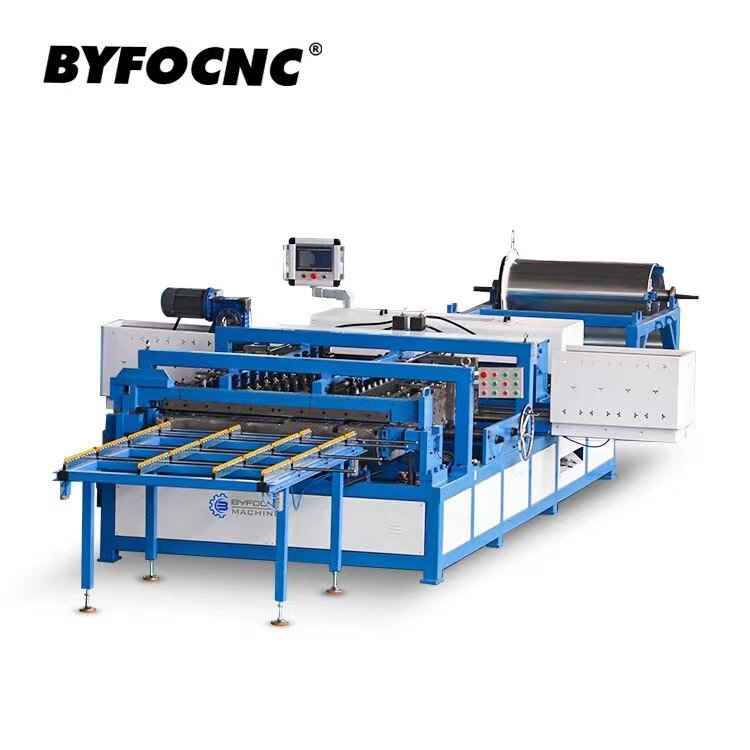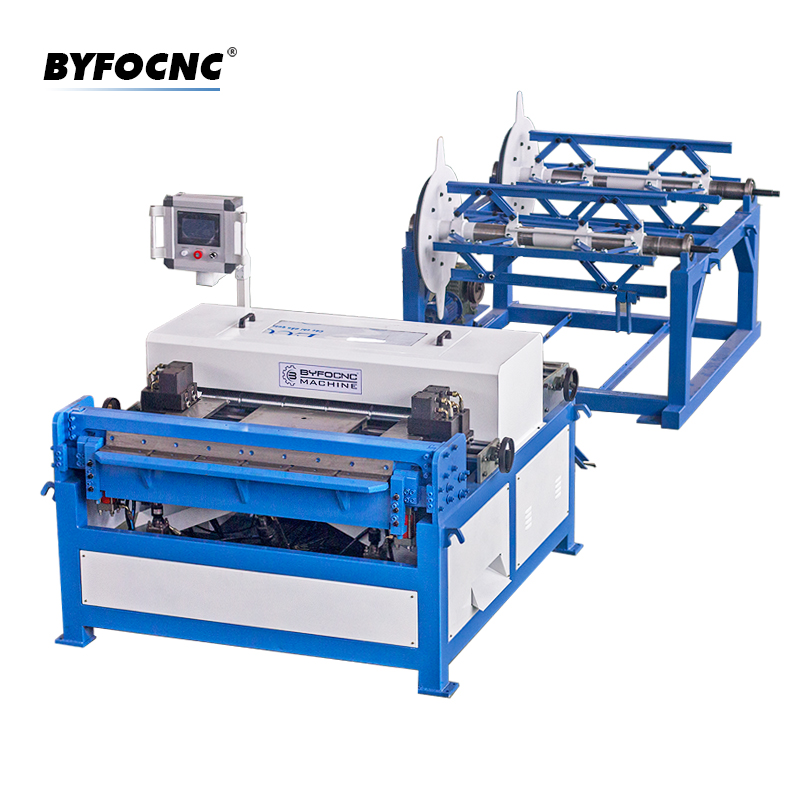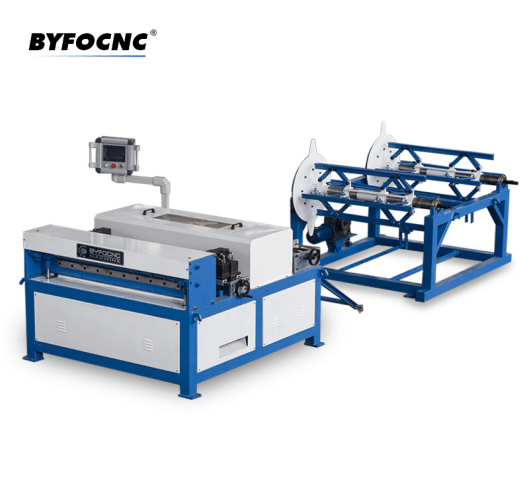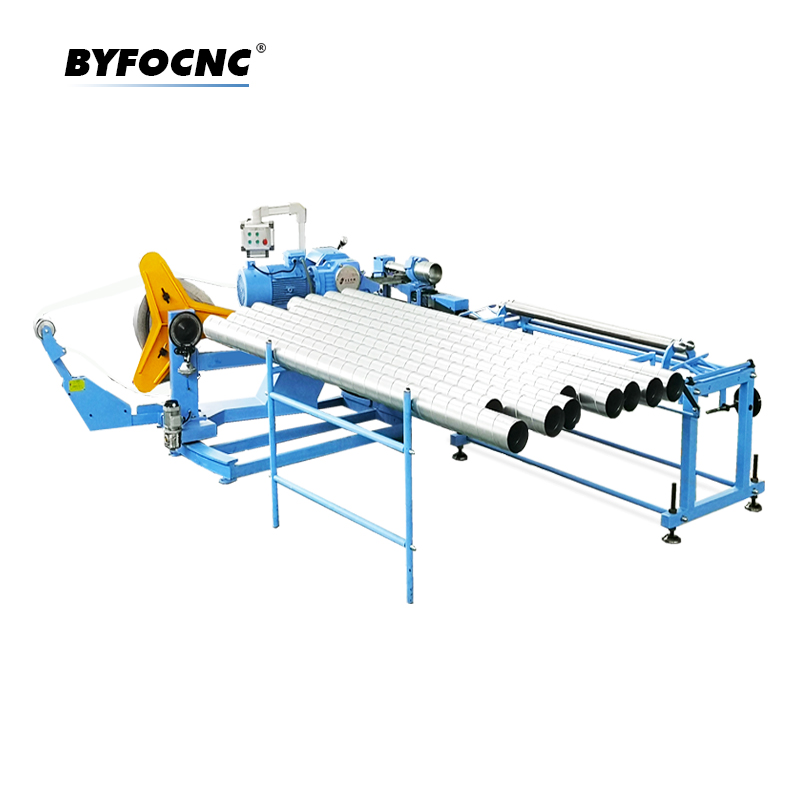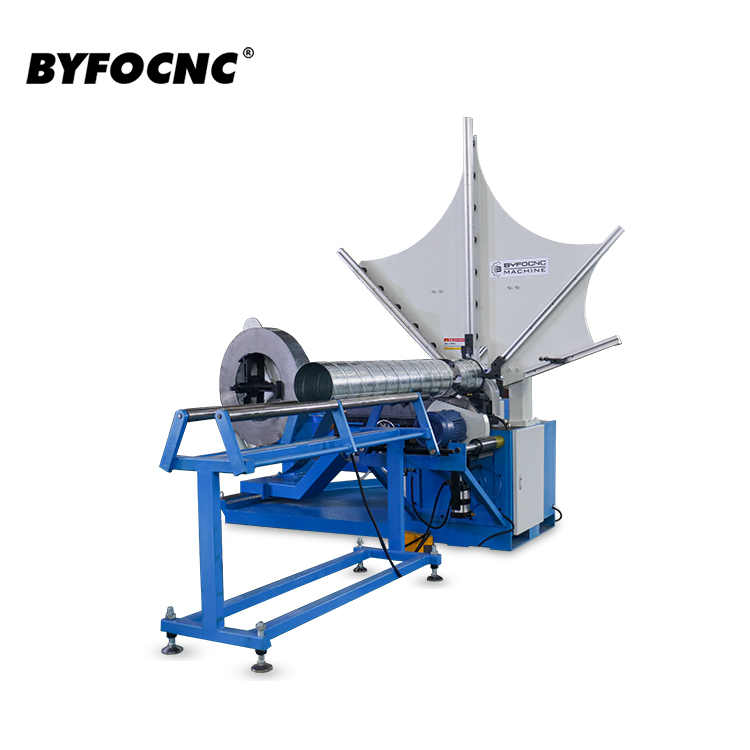When it comes to sheet metal fabrication, a key player in the industry is the Pittsburgh lock forming machine. This versatile tool has become an indispensable asset for many professionals, as it offers a reliable and efficient method for producing high-quality seams and joints. But with a market overflowing with options, how do you navigate your way to the best choice? Fear not, we’ve got you covered. Join us as we delve into the world of Pittsburgh lock forming machines and highlight what to consider when making your selection.
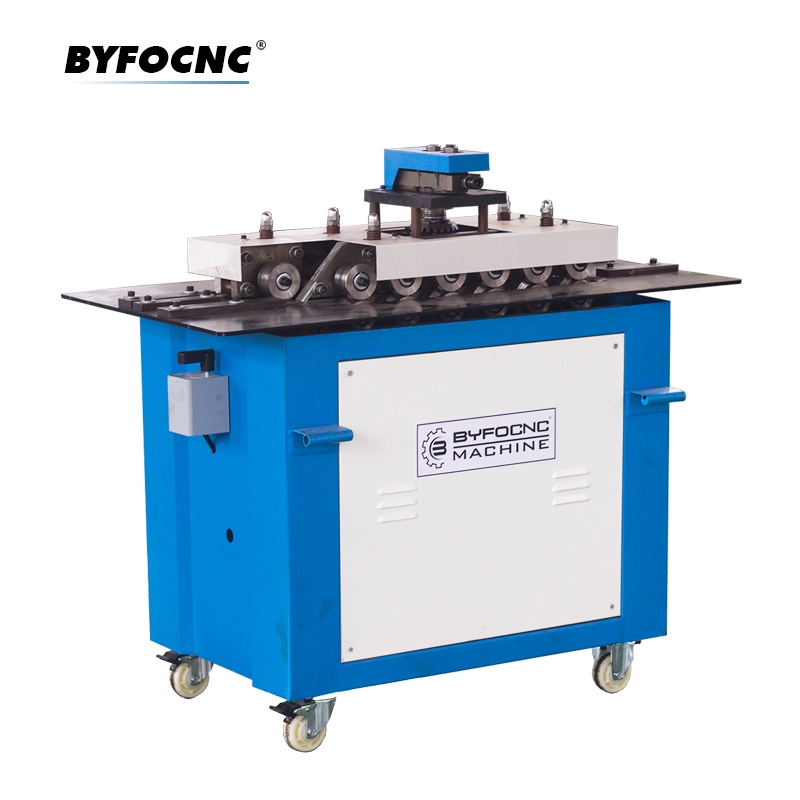
Introduction
Overview of Pittsburgh lock forming machines
Pittsburgh lock machines, named after the city where they were first manufactured, are specialized tools used to create seams and joints in sheet metal. These machines work by bending the metal into specific shapes, allowing them to interlock perfectly. The result is a tight, secure joint that’s often used in ductwork, HVAC systems, and other metal fabrications. The beauty of a Pittsburgh lock is its ability to provide a strong, leak-proof seam that stands up to the demands of tough industrial conditions.
Importance of choosing the right machine
Choosing the right Pittsburgh lock forming machine can have a profound impact on your productivity, work quality, and overall satisfaction. The right machine will not only perform optimally but also last longer, reducing the need for frequent replacements or repairs. Moreover, selecting a machine that aligns with your needs can make your work smoother and more efficient, resulting in higher quality results and happier clients. Therefore, it’s crucial to invest time and effort in understanding what to consider when picking out your ideal machine.
Factors to Consider When Choosing a Pittsburgh Lock Forming Machine
Machine capacity and size
The capacity of a machine refers to the thickness of the material it can handle. Depending on your needs, you might require a machine that can form locks in heavy-duty metal sheets or one suitable for lighter materials. Additionally, consider the physical size of the machine. If your workspace is limited, you’ll need a compact model that won’t crowd your area.
Power source options
Pittsburgh lock forming machines can be powered by electricity, hydraulics, or manually. Each power source comes with its own merits and demerits. Electric models are generally more energy-efficient and quieter, while hydraulic ones offer superior power and durability. Manual machines, on the other hand, provide a cost-effective solution but may require more effort to operate.
Speed and efficiency
When choosing a machine, pay close attention to its speed and efficiency. Machines with higher operating speeds can produce more locks in less time, significantly boosting your productivity. However, faster doesn’t always mean better. You must also ensure the machine maintains high-quality results even at top speeds.
Durability and quality
The machine’s construction and build quality directly affect its longevity and performance. Opt for a machine made from durable materials like steel or aluminum to withstand rigorous use. A well-built machine will serve you for years, providing excellent value for your investment.
Types of Pittsburgh Lock Forming Machines
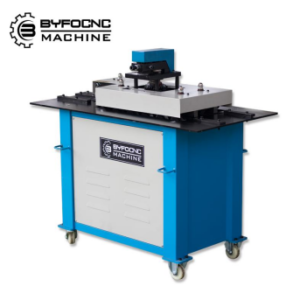
Manual machines
Manual Pittsburgh lock forming machines require human power to operate. They typically come with a lever or crank that you turn to form the locks. These machines are affordable and easy to maintain, making them ideal for small-scale operations or beginners. However, they might not be the best choice for larger projects due to their slower operating speeds.
Electric-powered machines
Electric machines are powered by an electric motor, providing a smooth, consistent operation. They can achieve higher speeds than manual models, making them suitable for large-scale projects or businesses that demand high productivity. Additionally, they tend to be quieter and more energy-efficient.
Hydraulic-powered machines
Hydraulic machines use fluid power to generate force and motion. These machines offer superior power and durability, enabling them to handle heavy-duty metal sheets with ease. Hydraulic Pittsburgh lock forming machines are typically used in industrial settings where high-strength locks are required.
Features to Look for in a Pittsburgh Lock Forming Machine
Adjustable depth and width settings
Look for a machine that offers adjustable depth and width settings. This feature allows you to customize the lock size based on the specific requirements of your project, offering greater versatility and control over your work.
Ease of use and control
A user-friendly machine will make your work much easier. Look for intuitive controls and clear instructions for operation. Some machines come with digital control panels that provide real-time feedback, enhancing your control over the process.
Safety features
Your safety should never be compromised. Ensure the machine has safety features such as emergency stop buttons, protective guards, and insulated electrical components. A safe machine not only protects you from harm but also promotes a more peaceful and productive working environment.
Compatibility with different materials
Different projects may require different types of metals. Therefore, it’s essential to choose a machine capable of handling a range of materials from aluminum to stainless steel. This compatibility increases the machine’s versatility and allows you to take on a wider variety of projects.
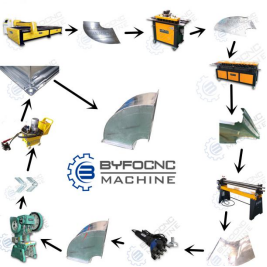
How to Evaluate and Test a Pittsburgh Lock Forming Machine
Research and compare different brands and models
Begin by researching different brands and models available in the market. Look at customer reviews, ratings, and testimonials to gauge the machine’s performance and reliability. Don’t forget to compare prices to ensure you’re getting value for your money.
Visit a showroom or attend a demonstration
If possible, visit a showroom or attend a product demonstration. This provides an excellent opportunity to see the machine in action, test its performance, and ask any questions you might have.
Test the machine’s performance and functionality
Before buying, conduct a thorough test of the machine’s performance and functionality. Check its speed, quality of locks, ease of use, and safety features. A comprehensive evaluation will help you make an informed decision and ensure you choose a machine that’s right for you.
Tips for Maintaining and Caring for a Pittsburgh Lock Forming Machine
Regular cleaning and lubrication
Regular cleaning is vital to keep your machine in top condition. Remove dust and debris from the working parts to prevent any blockages or malfunctions. Lubricate moving parts as per the manufacturer’s instructions to ensure smooth operation.
Proper storage and maintenance of parts
Store the machine and itsparts in a clean and dry environment when not in use. Properly organize and label the different parts to prevent loss or damage. Follow the manufacturer’s guidelines for maintenance tasks such as replacing worn-out components or adjusting tension settings.
Regular inspection and troubleshooting
Perform regular inspections of your machine to identify any signs of wear or malfunction. Look for loose bolts, damaged wires, or any other issues that may affect its performance. If you encounter any problems, refer to the machine’s manual or contact the manufacturer for troubleshooting assistance.
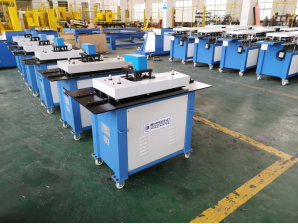
Conclusion
Choosing the perfect Pittsburgh lock forming machine is crucial for any professional in the sheet metal fabrication industry. By considering factors such as machine capacity, power source options, speed, and durability, you can narrow down your choices and make an informed decision. Additionally, understanding the different types of machines and the features to look for will further guide you in finding the right fit for your needs. Finally, don’t forget to evaluate and test the machine before purchasing and follow proper maintenance practices to ensure its longevity and optimal performance.

